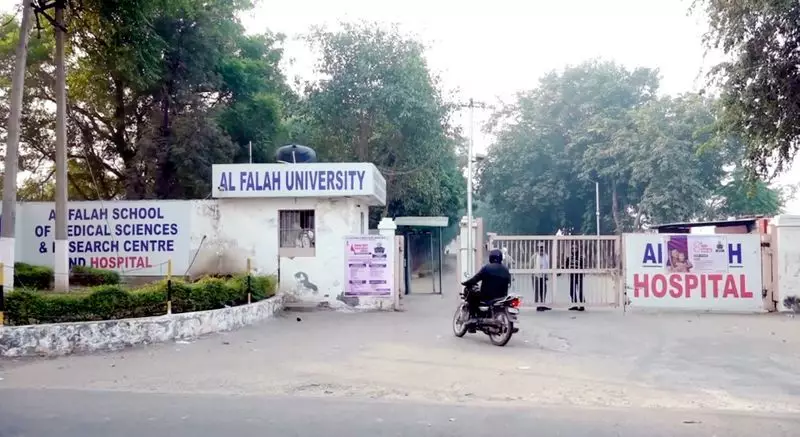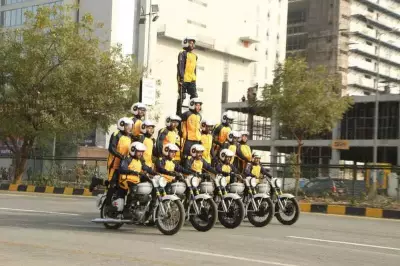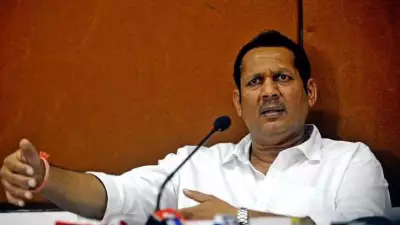
The Enforcement Directorate has made a significant breakthrough in the decades-old Red Fort terror attack case, arresting the chairman of Al-Falah Group after conducting extensive raids across multiple locations. This development marks a crucial step forward in the investigation into the 2000 terrorist attack that shook the nation.
Day-Long Raids Precede Arrest
According to official sources, the Enforcement Directorate carried out coordinated raids at several premises linked to Al-Falah Group before taking the company chairman into custody. The raids were conducted as part of the ongoing money laundering investigation connected to the December 2000 Red Fort terrorist attack that resulted in the deaths of three personnel, including two Army soldiers and one civilian security guard.
The federal agency had been building its case against the educational institution and its leadership for their alleged involvement in financing terrorist activities. The investigation has revealed complex financial transactions that authorities believe were used to fund the operation that targeted one of India's most iconic historical monuments.
Historical Context of the Red Fort Attack
The Red Fort terrorist attack occurred on the evening of December 22, 2000, when armed militants entered the historic monument premises and opened fire. The assault claimed three lives and left several others injured, creating national outrage and significant security concerns ahead of Republic Day celebrations.
Initial investigations pointed toward the involvement of the Lashkar-e-Taiba terrorist organization, with several suspects being arrested over the years. However, the financial trail and funding mechanisms remained partially uncovered until recent developments in the money laundering probe brought new evidence to light.
The case has seen multiple twists and turns over the past 23 years, with various investigative agencies pursuing different angles. The Enforcement Directorate's involvement brought a fresh perspective focused specifically on the financial networks that enabled the terrorist operation.
Ongoing Investigation and Legal Proceedings
The arrested chairman is expected to be produced before a special Prevention of Money Laundering Act (PMLA) court for remand proceedings. Investigators are particularly interested in tracing the complete money trail and identifying all individuals and entities involved in the financing scheme.
Sources indicate that the ED has gathered substantial documentary evidence during the raids, including financial records, transaction details, and communication records that allegedly link the educational group to the terror funding operation. The agency is examining whether funds collected through the educational institution were diverted to support terrorist activities.
This arrest represents one of the most significant developments in the case in recent years and demonstrates the continued efforts by Indian investigative agencies to pursue justice in historical terror cases. The Enforcement Directorate has been systematically working to dismantle the financial networks that support terrorism in the country.
Authorities have emphasized that the investigation remains active, with the possibility of more arrests and revelations as they continue to follow the money trail. The case highlights the increasingly important role financial investigation plays in combating terrorism and ensuring national security.





